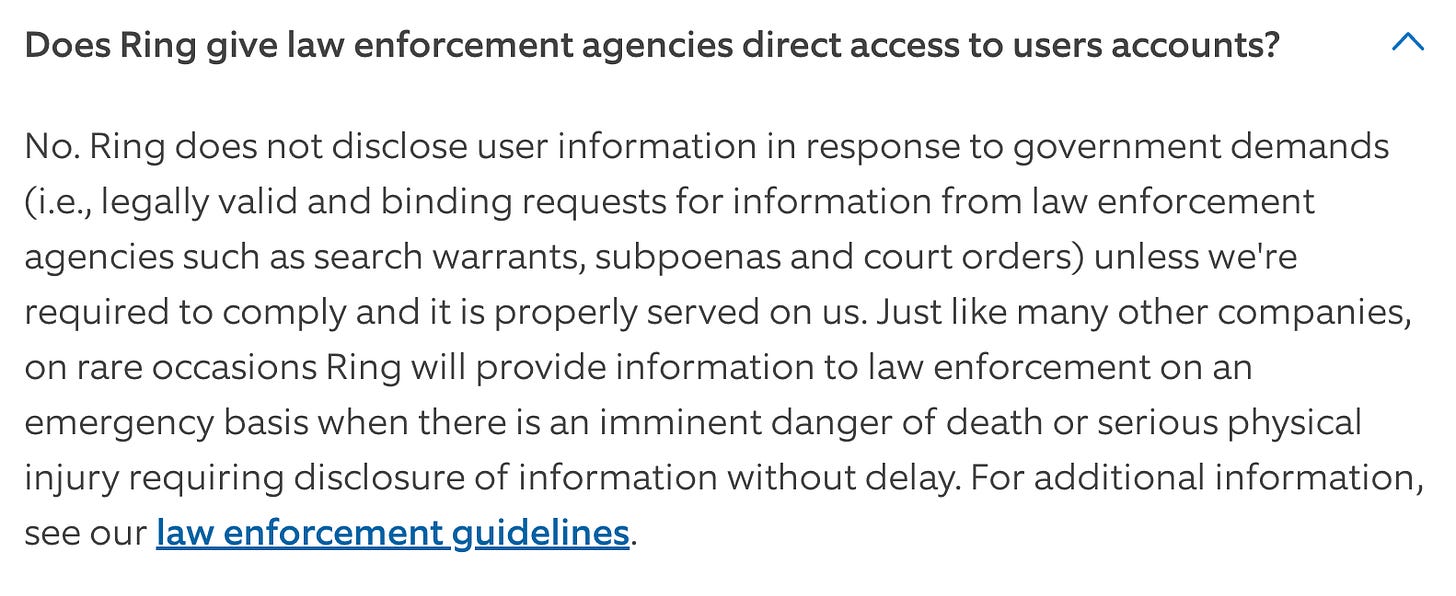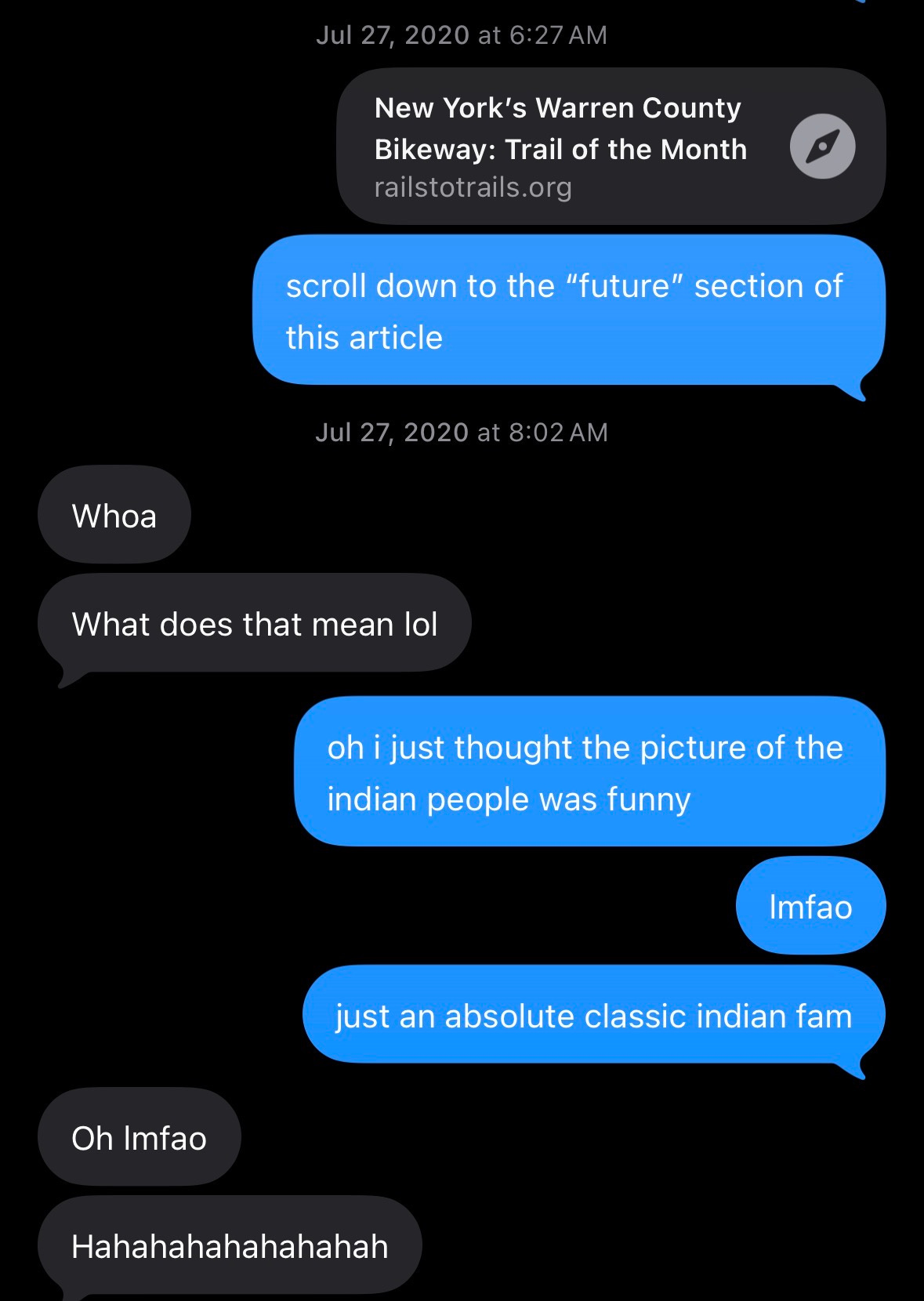Weird AI Yank on Vic(tims)
title a stretch...
I am sorry for doing this—this newsletter will mention the words “AI.” If you’re looking to not engage with this “topic du jour,” come back next week, or unsubscribe, or whatever you want. Go get a “matcha.” Or a sandwich, maybe something on ciabatta. Y’all… did you know ciabatta lowkey invented recent af???? Ciabatta is an early millennial… Ciabatta is DAE 90s kid sardonic affect…
Have you seen the excellent 2011 Jonathan Nolan-helmed sci-fi CBS procedural Person of Interest? Still no? Well, that makes sense. Basically, it’s about two socially weird guys (one played by the inimitable Michael Emerson, one of the greatest TV actors to ever live) solving and preventing moydus in New York City with the assistance of an extremely large, powerful, and opaque AI. This AI, operating on its own under the auspices of the CIA, uses all the sources of data that the government supposedly has access to—social media data, phone calls, internet-connected cameras, text messages, employment data, property data, blueprints, GPS data, high school and college transcripts—to find threats before they happen. The idea being that after 9/11, the government had the brilliant thought of it never happening again, and commissioned the creation of an independent AI to surveil and report bad actors.



I love the show, for many reasons other than the premise (see above gallery), but the technical details had always struck me as particularly loose, as these shows tend to play it—because even if, and it’s a big even if, the government truly had unfettered access to all of those sources of information, all of the stuff, the glue, required to get them all to talk to each other was totally arcane, and the effort and organizational power required to do it for every citizen was beyond the scope of what I imagined governments to be capable of. This was some small comfort—I think knowing that I was not actively a target of surveillance (I am not a Muslim. Take that as you will.) helped me feel safe enough in the middle of an actively growing surveillance state.
But then I read this interview with the CTO of Palantir, and it made me genuinely afraid that they’re getting their shit in order enough to have one server per person in all these new data farms devoted to each one of us, constantly following our online activity, Ring camera appearances, late night Claude confessions, and Square transactions, processing, analyzing and and summarizing our data, and triangulating our political positions in order to disenfranchise us on an individual and targeted level.
You may say to this: pshaw. Pshaw as hell! No way that all of those different companies would really cooperate with streaming data all the way up to the federal government without explicit warrants or cause:
Maybe. Hopefully. I’d say that a lot of those CEOs care quite a bit about remaining in the good graces of the administration, and that they can modify their privacy policy while retaining historical data, and that if they’re challenged in an increasingly Federalist-society-run-court system then they can maybe either take the penalty, run out the clock, or justify the practice within the scope of the law. I don’t say this to inspire paranoia or fear, just to share the actual level of unsure-ness I feel about where all of this is heading. Even Ross Douthat said as much in the interview:
I guess I’m just saying that I think, for at least some people — and maybe I’m among them — there’s a relief in the idea that all of this data has multiplied so quickly that authorities can’t quite keep up with it.
So if we walk outside of this room and enter Midtown Manhattan, we are under constant surveillance. It’s not all government surveillance, but there’s a relaxation that you can feel where you’re like: OK, but all of this surveillance is distributed across so many different public and private entities, and unless I am literally a terrorist, the odds that people are going to be constantly watching and scrutinizing me are very low.
But then the fear becomes: Well, if we have this incredible way to make it all more and more and more efficient, then maybe privacy does start to disappear.
The Palantir CTO’s response was not heartening. As far as I can tell, he’s pinned their hopes of “preserving Western Culture” on right wing governments as a bulwark against the rushing brown hordes threatening to overrun our splendid society of figgy pudding and treacle tarts. The fear of the “end of the West” is so strong that it seems to overpower all other moral imperatives, serving as the raison d’être for Palantir’s existence and continued activities (profit not withstanding). Everything is justified as long as it’s in service of The Global West.
Okay, so fine. Maybe this worst case scenario I’ve dreamed up will come to pass. Maybe each one of us that have publicly or privately stated opposition to the administration will be individually hampered, disenfranchised, and oppressed through automated proceedings unless we serve the ends of the vanishingly small group of people seeking to consolidate power in our new world. In that case:
Hello Trump Administration! I am one of you and friendly to your cause :) Do not hurt me!
Here is evidence I am one of you:
1. I am racist!

2. I am ugly!
3. I love Trump
That enough? Hopefully.
Nabeel’s Footnote
I’ve never said anything racist














This is it, friends. This is where I come from. These are the fires in which my disgust was forged.
The vacant stare. The Miss America smile. The trappings of middle-class conformist consumerism. The self-assured, momentary, "tell me I'm pretty" pose clashing with the lack of effort in self-presentation and the impatience of choosing an unflattering background. The smug, condescending delivery of the message: "I have done what you warned me not to do."
All of it completely irrelevant to the topic at hand, forced awkwardly in front of it. Obscuring it. Replacing it. Upstaging it, or so she hopes. Standing between you and what matters, she says only: "Look at me. Look at the difficulty I have caused for you. Witness the joy that I can only derive from being your problem."
This is not about politics. She doesn't understand them. She doesn't even think she knows better than you. She only knows that you can't tell her what to do.
She doesn't even think she has power. She only knows that you have even less, and this is where she places her heart.
When the bill for her foolishness comes due, oh, how her expression will change! No longer a bold and toothy smile! Now a pouting bottom lip! No longer a triumphant hand in presentation of her own radiance! Now a through-the-eyebrows scowl, arms folded! No longer an empowered, educated feminist! Now, a hapless princess in need! "A real man pays the bill without asking!"
She offers nothing. She demands everything. She will never be held accountable for the destructiveness of her choices. She will be celebrated then as she is now, not for her contributions, but because where she is celebrated is where she will choose to be.
She is the table.
And the table is set. And she has placed her order. And all that now remains is waiting to be served.